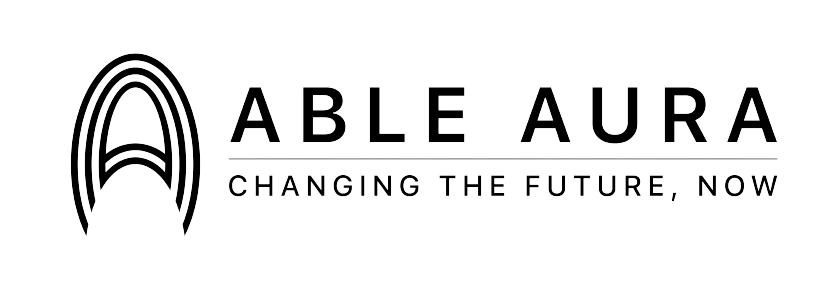IN THIS TOPIC:
- Disability
- Disorder
DISABILITY
Disability is a result or effect of an action or condition of the state or fact of being impaired, especially in a specified faculty that makes happen to a person. For disability, a person would not work or function their body in a particular way. This can happen to a person from birth or can appear during adulthood to lifelong. There are different variants of disability like mental, physical, sensory, etc. The term disease often goes with mental disabilities. The word disability itself goes with other disabilities like visual, speech deprivation, etc. Those suffering from disabilities can not return to their former situation; that is why people with disabilities are offered specific grants and benefits in various countries. They are inherently deserving of privileges or unique treatments in every aspect of life, from transportation to education—seats in public transport, an outstanding education system, special classrooms, etc. A person with disabilities may not have the necessary ability or skill to do something successfully as a non-disabled person, but indeed, they are the symbol of the souls of soldiers.
DISORDER
Disorders are those situations caused by the imbalance of different chemicals inside the body. At first, the disorder might seem insignificant, but they often develop deceptively in a person. We usually do not understand that we are suffering from certain disorders, and as a result, they remain in our bodies and turn into disabilities. Brain disorder is one of the most common terms for disorders. Brain disorder is complicated enough, and the psychological team is constantly working to cure these disorders. There is an endless number of disorders creating problems like eating, addiction, attention, anxiety disorder, etc.
